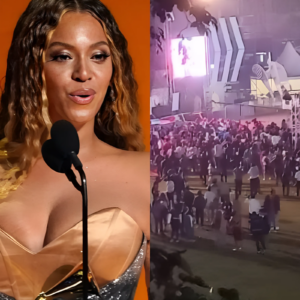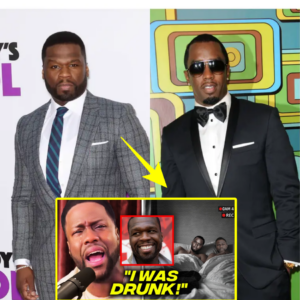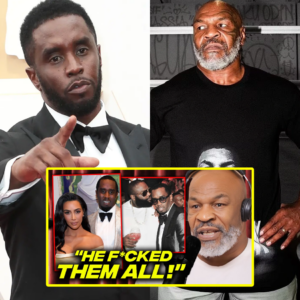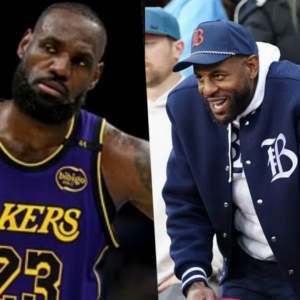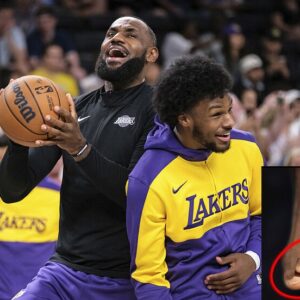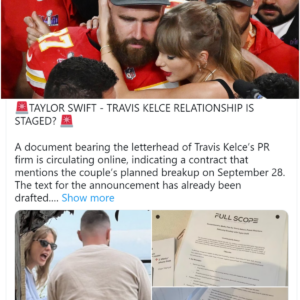The music industry has always been rife with rumors and controversies, and recent allegations surrounding figures like Diddy and Clive Davis only add to the intrigue. It’s a tangled web of power, influence, and exploitation that extends far beyond what most people realize.

Let’s start with the allegations against Diddy. From claims of shady business practices to disturbing personal behavior, the rapper-turned-mogul has faced a barrage of accusations. Stories of inappropriate encounters, manipulation, and even assault have surfaced, painting a picture of a darker side to his success.
One particularly shocking revelation involves Diddy’s alleged involvement with Clive Davis, the legendary music executive who mentored him early in his career. Rumors have long circulated about Diddy’s relationship with Davis, suggesting that Diddy may have engaged in compromising activities to further his career. While these rumors remained unsubstantiated for years, Clive Davis’s own memoir confirmed his bisexuality and his past relationships with men within the industry, adding credence to the speculation.
The notion that Diddy learned his “dark, shady tactics” from Davis raises troubling questions about the nature of mentorship and influence in the music industry. If true, it suggests a culture of exploitation and manipulation that extends from the highest levels down to aspiring artists.
Moreover, the existence of clauses like the “death clause” in recording contracts adds another layer of complexity to the industry’s darker side. These clauses, designed to benefit record labels in the event of an artist’s untimely death, highlight the financial interests at play behind the scenes. The idea that artists may be more profitable dead than alive speaks volumes about the priorities of the industry and the lengths to which some may go to capitalize on tragedy.
In the face of these allegations, it’s essential to consider the broader implications for artists, fans, and the industry as a whole. What does it say about the music business when stories of exploitation and manipulation are so pervasive? How can we hold those in power accountable and ensure that artists are treated fairly and ethically?
Ultimately, the revelations surrounding figures like Diddy and Clive Davis shine a light on the darker side of the music industry, forcing us to confront uncomfortable truths about power, privilege, and exploitation. Only by acknowledging and addressing these issues can we hope to create a more just and equitable industry for all involved.
News
Diddy LEAKS Disturbing FOOTAGE Of Beyonce & Jay Z | New EVIDENCE Revealed
The unfolding drama involving Diddy, Jay-Z, and Beyoncé has captivated audiences worldwide. Allegations of scandalous tapes, federal raids, and personal vendettas have dominated headlines, leaving fans shocked…
Tiffany Haddish SHADES Jennifer Hudson For Stealing Common From Her
Tiffany Haddish is making it abundantly clear that she’s not thrilled about comments on new relationship with Jennifer Hudson. She threw some major shade at Jennifer, hinting…
Breaking: Beyoncé’s “Cowboy Carter” Tour Sees Lackluster Ticket Sales, “Only 1500 So Far”
In a surprising twist of fate, Beyoncé’s highly anticipated “Cowboy Carter” tour has encountered a lackluster start, with only 1500 tickets sold for its opening night. This…
“Blue ivy is pregnant” Cardi b Exposed truth about the pregnancy on live TV show says CONGRATS
Welcome to CB Gossip, your go-to source for all the juiciest entertainment news. Don’t forget to hit that subscribe button and ring the bell for more updates….
Kevin Hart FREAKS OUT As 50 Cent LEAKS New Video Of Him & Diddy..
Absolutely, let’s delve deeper into these issues. It seems like there’s a plethora of speculation and rumors surrounding celebrities and their connections to Diddy’s controversial activities. From…
Mike Tyson EXPOSES Members Of Diddy’s S3X CULT..
Unveiling Diddy’s Troubles: A Deep Dive into Allegations and Controversies In recent years, Sean “Diddy” Combs, the rap mogul and entrepreneur, has found himself embroiled in a…
End of content
No more pages to load


